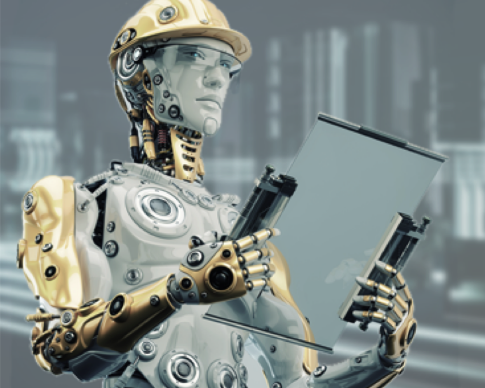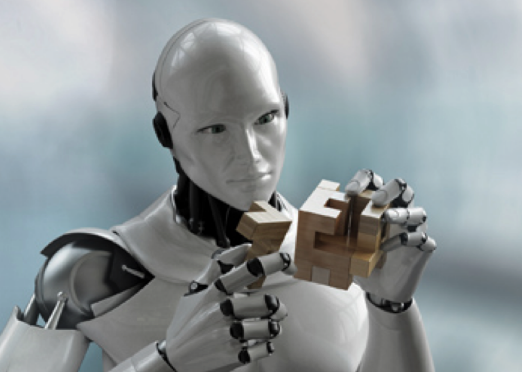Is artificial intelligence good or bad? Artificial intelligence (AI) is seen in many areas of modern life. Where once the concept was seen mostly in the pages of science fiction novels, many of us now encounter it daily in the form of self-driving cars, algorithms to predict loan defaulters and the virtual assistants in our smartphones, tablets and desktop computers.
With so many resources being dedicated to the development of AI and no real obstacles predicted, its rapid development is set to continue. In many ways, this is a good thing that will enhance the world and our experience of it. There are also experts that fear for what the progress of AI means for humankind.
What AI is doing for us now
Artificial Intelligence is already able, as many of us have seen for ourselves, to drive vehicles and negotiate obstacles. This is being used in modern civilian life, and has applications for military operations and space exploration.
Serious success is being seen in the trials of new machinery designed to identify tumours on CT scans and X-rays, and they have performed with at least 50 per cent more accuracy than human experts have so far.
Mining and managing Big Data, as well as discovering important correlations within it, is possible with e-discovery software. This technology is also being used to get through huge mountains of legal documents more effectively and efficiently than human paralegals can. Some journalism jobs like sports summaries and market reports are also already within the scope of AI, as are certain middle management tasks.
As AI continues to develop, it is not only able to take on tasks that can be broken down into smaller, easily learnable steps. There is growing concern that AI may become properly sentient and super-intelligent, displacing humans and rendering them obsolete. Elon Musk, Bill Gates and Stephen Hawking have all opined that this reality is not so far off. The debate on AI’s risks and benefits has strong voices on both sides.
Further reading on AI
Potential risks of AI
Several studies have shown that AI may displace huge sectors of the workforce, and not only in traditionally blue-collar jobs. There are also concerns that algorithms might start to deny people certain opportunities, such as bank loans or college admissions, based on racial profiling. The technology could also be used by governing forces to detect and suppress any kind of dissent, helping to create very autocratic societies.
As virtual assistants become more able to accurately predict what kind of news stories a person will be interested in, there is also the potential for shaping and polarising a society’s opinions. And of course, the idea of weapons that are able to act autonomously is alarming to many people.

Our response to AI
The response that human society formulates now to Artificial Intelligence is very important. The technology is a tool that could enhance our lives in many ways, but we need to continue to discuss its possibilities for subjective experiences and human emotions, its job displacement potential and other important issues, and to manage them responsibly.
The United States National Science and Technology’s Subcommittee on Machine Learning and Artificial Intelligence delivered a report to the White House on AI and employment in 2016, acknowledging job loss but also emphasising potential new careers and opportunities. Economists, anthropologists and other experts are also teaming up with AI scientists to explore its impact more, such as at a conference to discuss “beneficial AI” held in California in January 2017. Such active awareness and engagement with the issues will remain essential as we move into the future.






